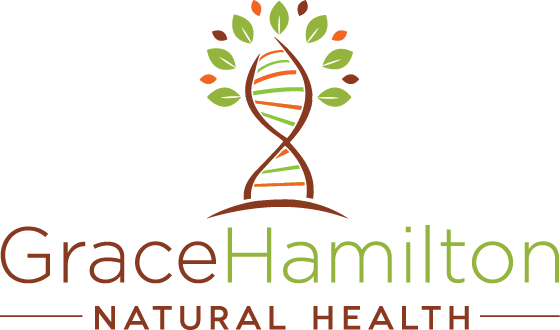Plant Based Protein Powders
A lot of people use protein powders to increase protein intake. They are very popular in fitness, body building, during pregnancy and for general wellness. They are absolutely not necessary for most people as most of us get plenty of protein from foods every day. There are very few protein deficient people walking around developed countries! They may however be of benefit to those with increased protein requirements such as athletes, people with hypermetabolism, or people with certain chronic illnesses like cancer, HIV, COPD, and heart failure, or anyone with hypermetabolism, could benefit from an added protein source
Many of the plant protein powders available contain a blend of plants. Some people believe this is better as it means they are getting all the amino acids (building blocks of protein) in one powder as some plant proteins dont contain all the essential amino acids. However, quinoa, soy and chia seeds contain all the essential amino acids. Legume proteins lack methionine and rice and seeds proteins are low in lysine. It should be noted that the notion that all essential amino acids need to be consumed at one meal is not true. A variety of plant foods consumed over a day will give you all the essential amino acids.
Types:
• Soy: Soy in protein powders comes in 2 different forms; Isolate and Concentrate. Isolate is made from soybean with fat, carbs, and fibre removed. Concentrate has fat and some carbs removed but still has fibre. Soy is rich in all essential amino acids.
• Brown rice: Allergy-friendly, gluten-free with a mild taste. Some concerns about high levels of arsenic in brown rice when consumed in concentrated form. Lacks lysine amino acid.
• Legumes: Usually made from a combination of split peas, lentils, adzuki and garbanzo beans. Peas have decent amount of all essential amino acids. Other legumes lack methionine.
• Grains: Wholegrains like quinoa, millet and amaranth are often added to protein powders to boost nutrient profiles. Quinoa contains all essential amino acids.
• Seeds: Protein powders often add seeds, especially hemp, flax and chia. Hemp protein powder is often sold as a standalone protein. These seeds are rich in essential fatty acids like omega-3.
If you are trying to increase your protein intake in a healthy whole food based way, I can help you. Book in for a consult.

